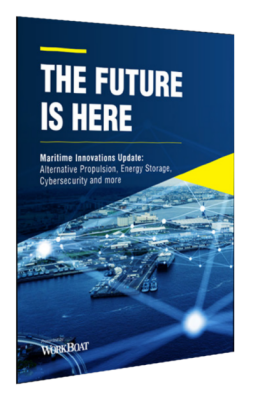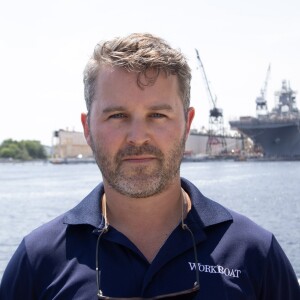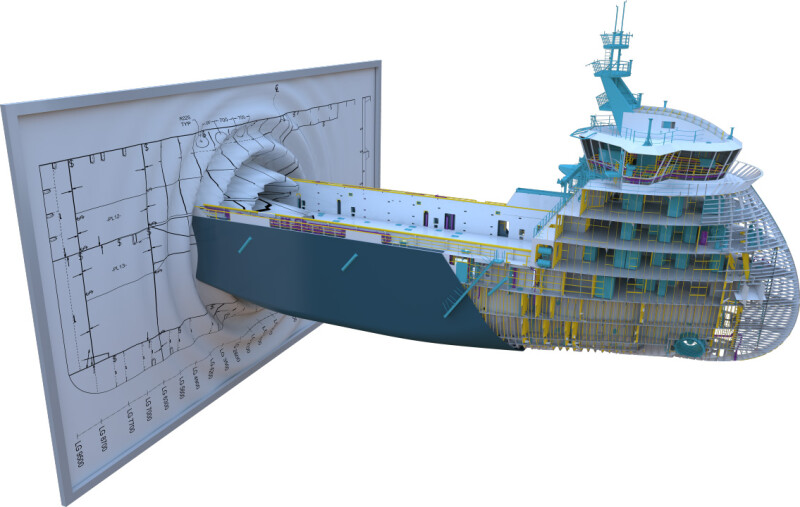The maritime innovations of tomorrow are arriving. How are they influencing the decisions you’re making today?
As the maritime industry seeks to mitigate its impact on the environment, we are witnessing a paradigm shift towards alternative fuels, enhanced cybersecurity measures, innovative energy storage solutions, and digital transformations.
Previous assumptions about a continued reliance on fossil fuels, what it means to protect vessels, and well established shipbuilding processes are being challenged. We are reshaping the way we think about boats, ships, offshore wind operations, and more.
Here’s what some industry experts have said:
“What are the barriers to decarbonization or to the removal of greenhouse gas emissions? Yes, they’re going to come from new technologies and fuels and infrastructure, but they're also going to come from different types of policies and regulations. There are barriers in the ways that policymakers work with industry, it's also going to involve finance and commercial, market mechanisms, maybe trading carbon taxes.” – David Cummins, Blue Sky Maritime Coalition
“The (Newport News) yard has been able to embrace technological advancements, not only with stuff that goes on the carrier but also how you build the carrier. These young guys come in with their digital shipbuilding tools, and they work with these older shipbuilders in a way that meshes really well. They haven’t been replacing jobs, they’ve been augmenting jobs. The marrying of the old to new is exciting to watch.” – Michael Fabey, author, and reporter for National Defense
A recent Deloitte survey of 76 executives representing the U.S. power sector noted, “56% of respondents said that while new incentives for domestic manufacturing of clean energy components will spur production, it could take more than two to three years to ease supply chain constraints.”
“I spent about half my time calling on large fleets like Amazon, PepsiCo, Walmart, and FedEx. They are all willing to pay a premium today [for] this relatively scarce commodity that is low-carbon fuels. The demand for low-carbon fuels is not going away.” John Scharingson, Chevron Renewable Energy Group
We have entered a new era of sustainability, efficiency, and safety on the water but there needs to be a greater understanding of the innovations and approaches that will define this era. This report has been created to provide that understanding but it’s an incomplete resource given the remarkable transformations that are happening all the time.
A WorkBoat white paper on the subject will provide you with insights into what a greener, more secure, and digitally empowered maritime future can look like. That future can only be enabled by the informed decisions that you make in the present.





